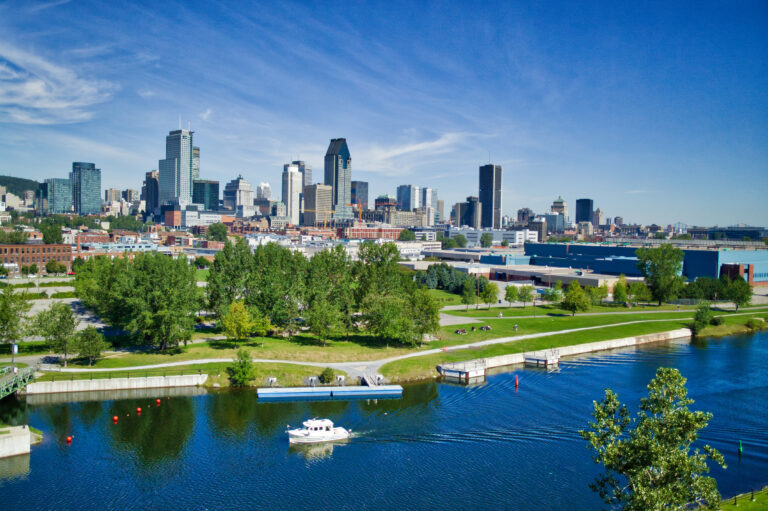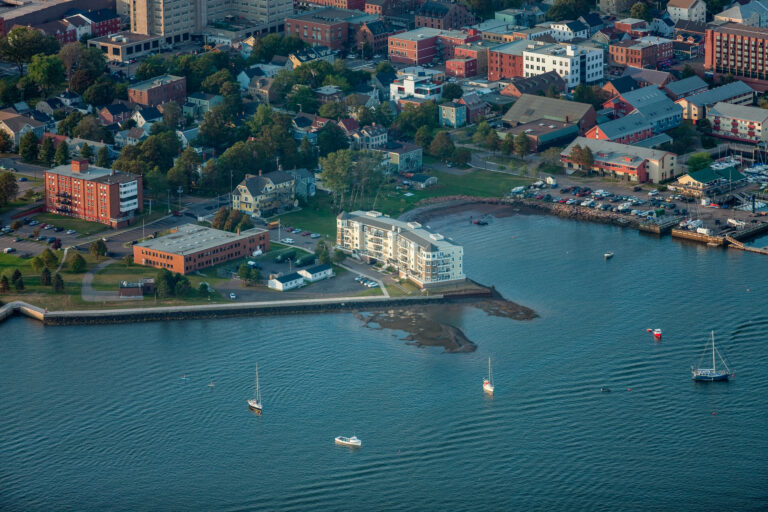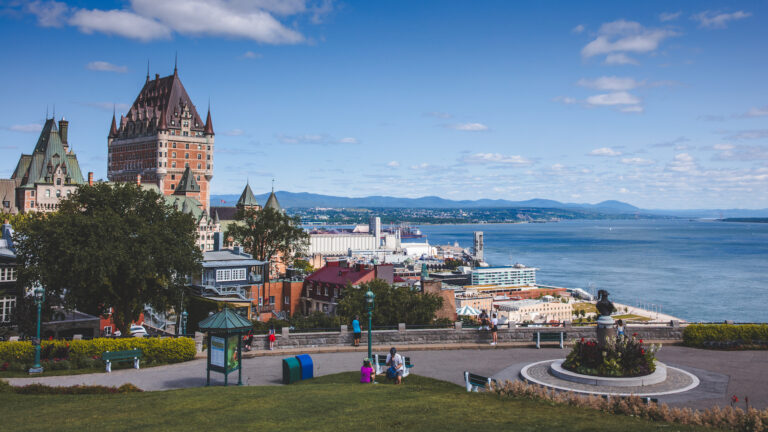Quebec is being sued by McGill University over tuition fee hikes for students from outside the province and changes to the way universities in the province must charge international students.
“We are undertaking this legal action because we believe that these measures are illegal and if upheld, will threaten McGill’s mission, its place as one of the world’s top universities and its vital role in Quebec,” says McGill president and vice-chancellor Deep Saini.
In mid-October last year, Quebec Higher Education Minister Pascale Déry announced the francophone province would be significantly increasing the tuition fees paid by non-Quebec students studying at all universities.
Quebec’s three English universities, McGill, Concordia, and Bishop’s, are thought to be those hardest hit by these measures because they get more out-of-province and international students than francophone universities.
Although the new rules do not apply to students already registered at these universities or to international students from countries with which Quebec has agreements, such as France and Belgium, there has already been a chilling effect on enrolments at McGill.
Read More Canada Immigration News
Prime Minister Justin Trudeau Calls Winnipeg A Canada Immigration Success Story
How To Drive Safely As A Newcomer To Canada
Refugees From Tanzania and Mexico Eligible For Canada’s Economic Mobility Pathways Pilot
Applications to undergraduate programs at McGill from Canadian students from outside Quebec dropped by more than 20 per cent compared to the previous year, while applications from international undergraduates dropped by more than five per cent.
“In addition to the financial impacts these measures will have on McGill, we are hearing from our recruiters that these measures are making students think twice about coming to Quebec,” says Saini.
“I find this particularly distressing, considering how warm and hospitable I have found Quebecers to be, and how much employers want and need these highly talented young people.”
Watch Video
Starting this autumn, the new rules will require out of province students who choose to study at Bishop’s, Concordia and McGill to pay annual tuition fees of around $17,000, almost double the current rate of $8,992. That will reportedly make Quebec’s universities the most expensive in Canada for non-Quebec Canadian undergraduate students.
The new measures apply to undergraduate programs and non-research and graduate professional master’s programs.
International students will pay a minimum of $20,000 per year but universities will have the right to charge them even higher tuition fees.
McGill Asking For Stay From Court While Challenge Being Heard
McGill is not challenging the francisation measures announced by Quebec in mid-December last year but is asking the court to issue a stay which would suspend the application of the two measures with regards to tuitions while the court considers its challenge.
The university is arguing that the measures:
- constitute discrimination under the Canadian Charter of Rights and Freedoms as well as the Quebec Charter of Human Rights and Freedoms;
- were an unreasonable exercise of the powers of the minister of higher education, since they were incompatible with the mission assigned to her by the Ministry Of Higher Education, Research, Science And Technology Act;
- were adopted following inadequate consultation and an unfair process.
- constitute a disguised and illegal tax, which is being imposed without the authorization of the National Assembly, and;
- create unconstitutional barriers to interprovincial trade thereby limiting student mobility, choice of university and access to education.



